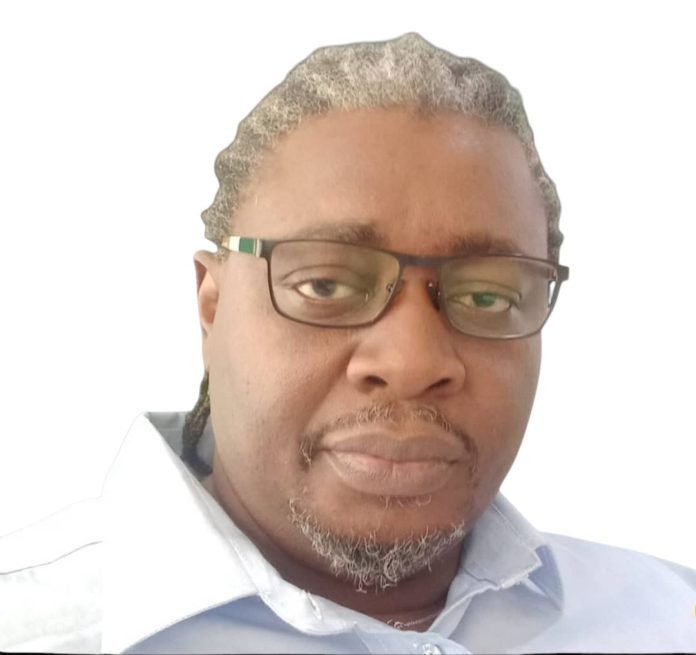FOOTPRINT IN THE SANDS OF TIME.
By Dr. Chike Okogwu, Founder – Centre for Ability, Rehabilitation and Empowerment (CARE).
“To live in hearts we leave behind is not to die.” — Thomas Campbell.
Today, as the late President Muhammadu Buhari GCFR, is laid to rest in his hometown of Daura, Katsina State, we at the Centre for Ability, Rehabilitation and Empowerment (CARE) join millions of Nigerians in mourning a leader whose legacy has carved a lasting impression, not just in politics, but in the lives of millions of Persons with Disabilities (PWDs).
When President Buhari signed the Discrimination Against Persons with Disabilities (Prohibition) Act into law in January 2019, he did more than enact legislation, he gave hope. For the first time in Nigeria’s history, the rights of PWDs were formally recognized and protected under national law. That moment shifted the trajectory of our movement. We may not yet be where we want to be, but we are certainly no longer where we used to be.
The title of this tribute: “Footprint in the Sands of Time” is not just symbolic. It reflects the irreversible mark President Buhari left in the consciousness of Nigeria’s disability community. He moved us from a space of invisibility to a place of recognition, where our voices began to matter in policy circles, development planning and national conversations.
To fully understand the significance of this legacy, we can look through the lens of scholar John Gaventa, whose work Power and Powerlessness outlines the three faces of power:
The first face is visible power: the ability to make laws and decisions. President Buhari exercised this when he signed the Disability Act into law, giving legal legitimacy to a previously neglected population.
The second face is hidden power: who gets to sit at the table and whose voice shapes decisions. Through his administration, doors were opened for PWDs to engage directly with government agencies, ministries and policy forums. It wasn’t perfect, but it was a powerful start.
The third face is invisible power: how people perceive themselves and are perceived by society. Before the Act, many Nigerians with disabilities were seen only through the lens of pity or charity. Today, a new narrative is emerging: one of rights, empowerment and inclusion. President Buhari helped plant the seed for this shift.
From being seen as subjects of charity, we began to be treated as citizens with dignity and a place in Nigeria’s democratic promise. The relationship evolved from master-servant, to partners in dialogue, and now, we are pushing toward resource allocation and institutional inclusion-the true test of long-term empowerment.
Of course, the journey is far from over. Implementation remains a challenge. Accessibility is still limited. Stigma still exists. But the foundation laid under Buhari’s leadership stands as a benchmark, a point in our collective timeline we will always look back on and say, “Here is where the change began”.
In life, not all legacies are measured by the positions one held or the speeches one gave. Some are measured by the lives uplifted, the structures changed and the voices finally heard.
President Muhammadu Buhari GCFR, your actions gave millions of Nigerians with disabilities a path to dignity, and for that, we at CARE—and across Nigeria’s disability community, say thank you…Said Baba!
You have left your footprint in the sands of time. And through us, that footprint will continue to inspire.
Rest in peace, Mr. President.
Dr. Chike Okogwu.
Founder and Chief Responsibility Officer, Centre for Ability, Rehabilitation and Empowerment (CARE).

